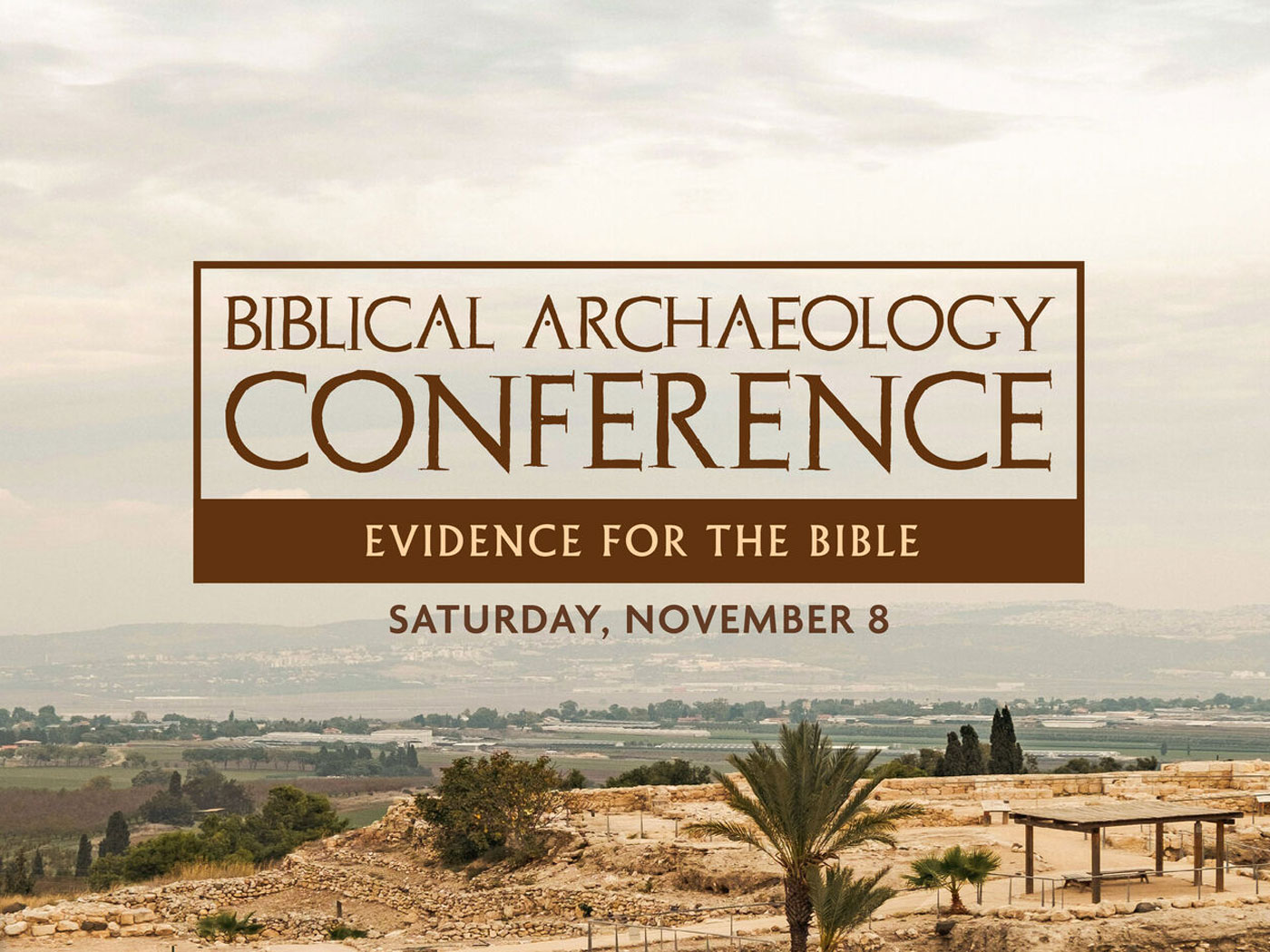Search Tools
New Defender's Study Bible Notes
20:11 in six days. This verse, written on stone by God’s own hand (Exodus 31:18) settles once and for all the question of the meaning of “day” in the creation chapter (Genesis 1). Man was to work six days and rest one day because God did; in fact, God took six days, instead of a single instant, to finish His work of creating and making all things to be a model for humanity (Genesis 2:1-3). God’s week was of precisely the same duration and pattern as man’s regular week. The Hebrew word for “days” (yamim), furthermore, is used over seven hundred times in the Old Testament, and cannot be shown ever to require any meaning except that of literal days, certainly never to anything comparable to geological ages. Still further, “all that in them is” was made in the six days; nothing had been made previously, as the gap theory of Genesis would require. There seems to be no legitimate exegesis of Genesis that can ever allow for the theoretical ages of evolutionary geology. Further, no such gap is necessary; all the data of rocks and fossils are much better explained in terms of the great Flood. It is also significant that other human measurements of time (day, month, year) are keyed to astronomical processes. The universal week, however, has no astronomical base whatever. We keep time in weeks simply because God does!














